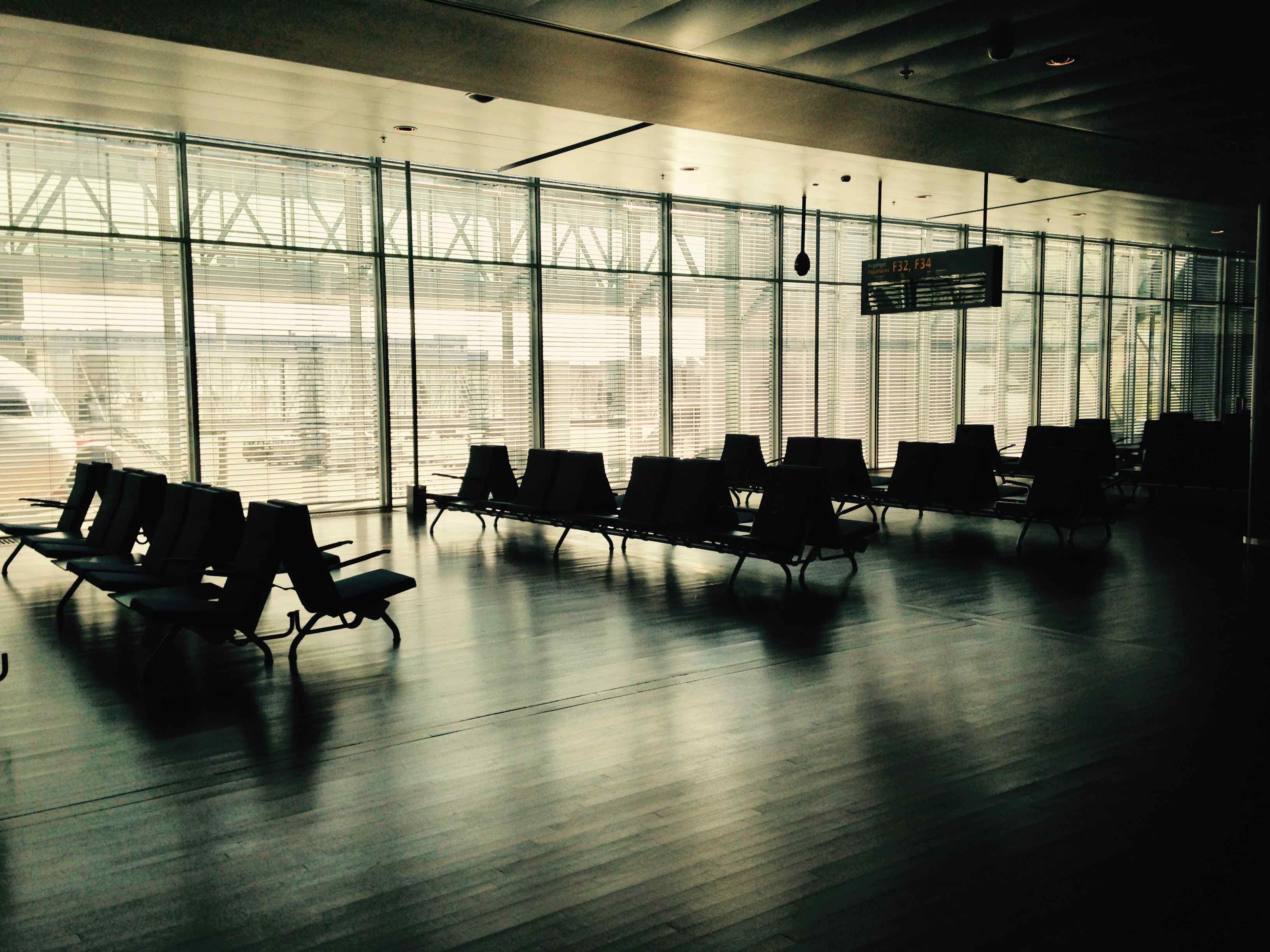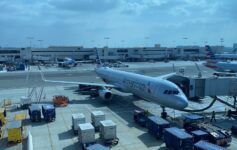Sweden’s governing coalition has proposed a tax of up to 439 Krona (~$49) on airfare originating in Sweden, a move that critics say will cripple the country’s growing and competitive aviation industry.
The UK’s “Air Passenger Duty” and Germany’s “Air Transport Tax” provide the blueprint for the Swedish government, which notes that airfare is the is the only form of transport in Sweden that is not taxed for its carbon emissions.
Like its European counterparts, the tax would be tiered, starting at ~$9 for domestic flights and rising as high as $49 for longhaul flights. This would be in addition to other government taxes that already support airport operations and the country’s infrastructure.
The tax has been introduced as part of this fall’s budget, meaning it would go into effect early next year if approved. Opposition parties in Sweden have vowed to flight it.
Critics: Not Worth the Job Losses
The International Airline Transport Association (IATA) argues that the measure will cost Sweden 7,500 jobs while making only a negligible difference to the environment.
In a penned op-ed letter (in Swedish), Rickard Gustafson (SAS President and CEO) and Bjørn Kjos (Norwegian President and CEO) argue that the tax is counterproductive. They assert a shared goal of reducing greenhouse emissions, but a different roadmap for reaching that goal. Promising a 50% carbon reduction by 2030 over 2005 levels, they point to more fuel efficient aircraft and the use of biofuels as the primary engines to achieve those reductions.
The leaders also point to projections indicating the the 2BN Kroner the new tax would generate would be offset by a GDP dip of 11BN. Why? Higher airfare would discourage travel to or transit through Sweden, creating a ripple-effect that makes the proposed tax counterproductive. Kjos warns a tax will impact the viability of routes from Sweden and threaten the viability of Stockholm’s Arlanda Airport.
Furthermore, IATA asserts the tax will be redundant after the implementation of Carbon Offsetting Scheme for International Aviation, known as CORSIA. That’s a voluntary carbon offset measure that does not kick in until 2021, so I can see why that “alternative” may not be persuasive to Swedish lawmakers.
CONCLUSION
We saw what happened when the UK introduced its “Air Passenger Duty”. It started small and rose…and rose…and rose again. I’m going to London next week but will likely be returning home from Dublin because it is cheaper to buy a ticket from London to Dublin and fly home from Dublin than pay the pricey taxes to travel home directly from the UK. That’s not making the environment cleaner…





UK and DE’s variants are diff from each other – UK APD, IIRC, only punishes those originating the UK, not those transiting, but DE’s APT is pretty much slapped on all itineraries that include a German departure.
As for the critics, and UK and DE taxes are clear examples on how people continue flocking to London in droves and how FRA and MUC continue to be bursting at the seams despite the levies.
As for Sweden (read : ARN), their biggest risk remains SAS and Norwegian shifting more connecting traffic in favor of OSL and CPH.